Bible Class 09
Al Krummenacher


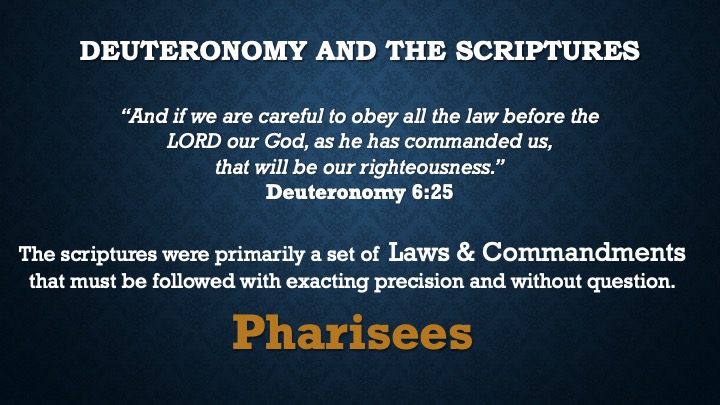
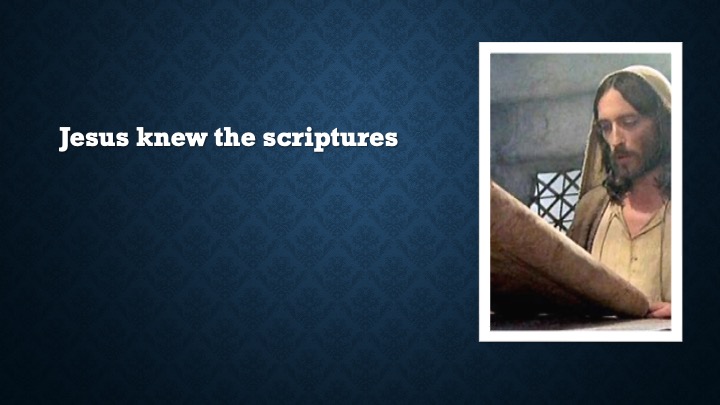
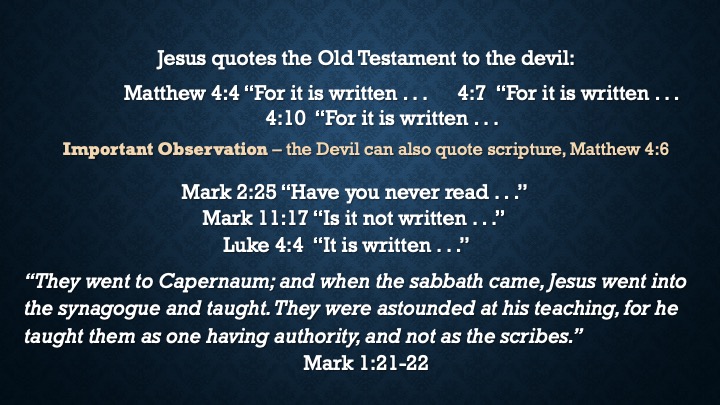
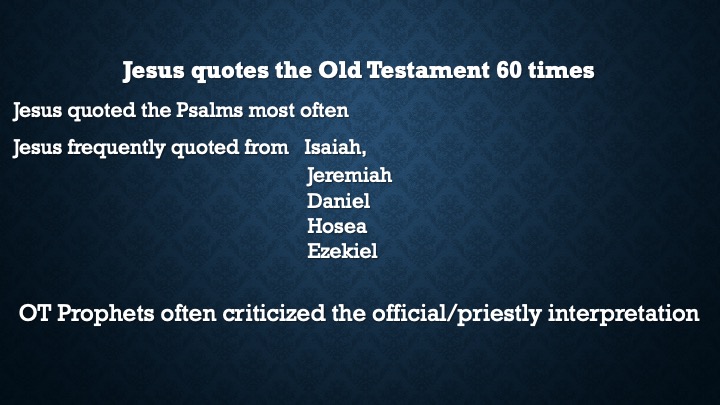
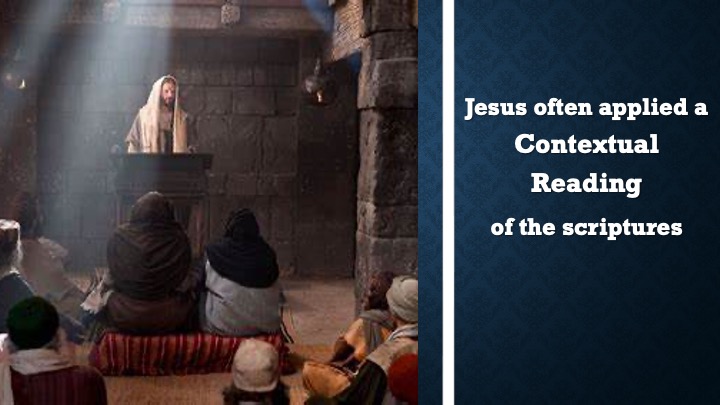
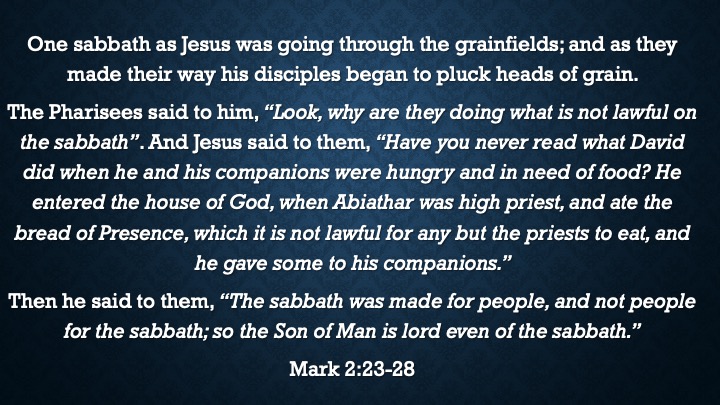
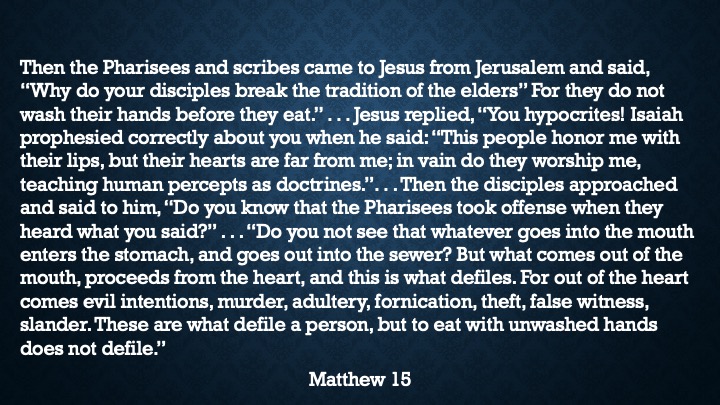
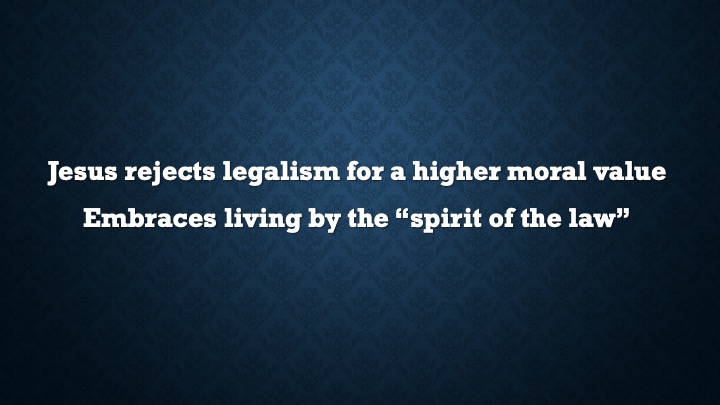
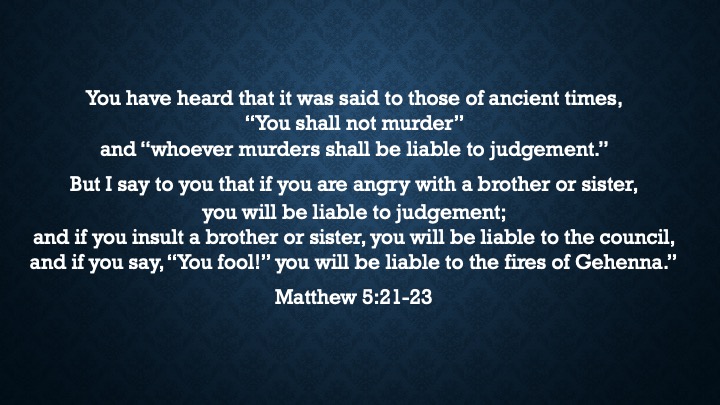
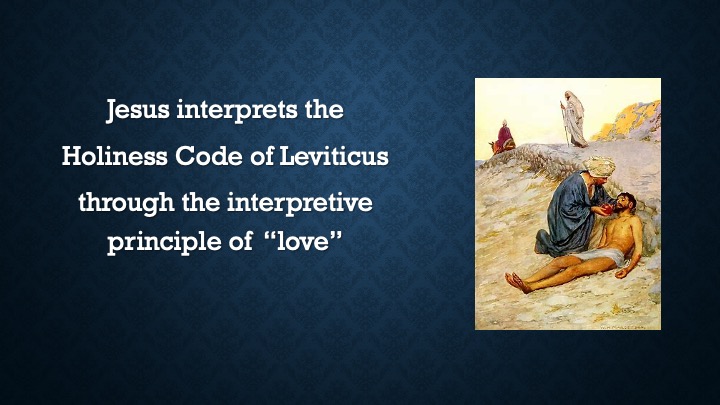
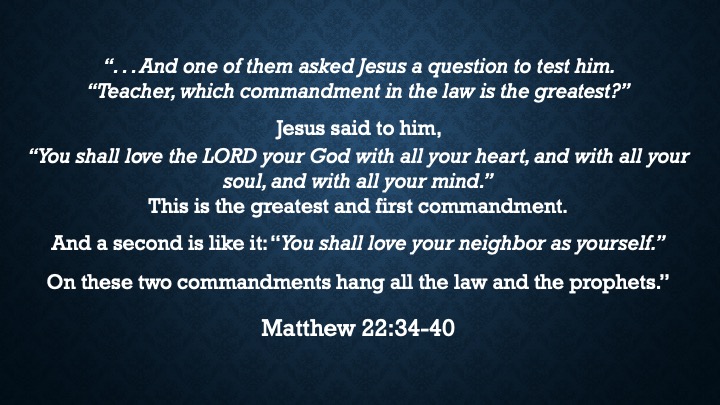
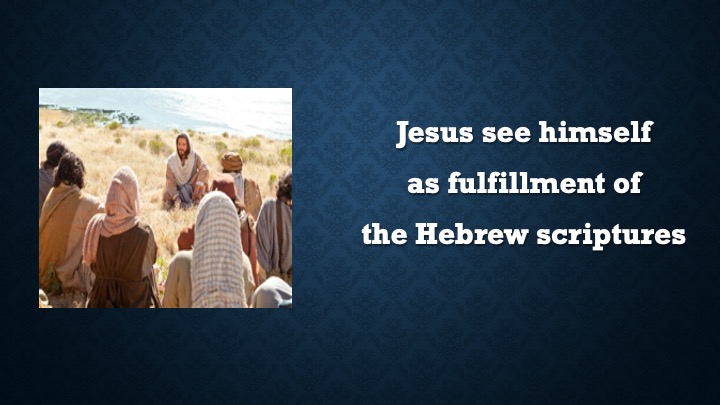
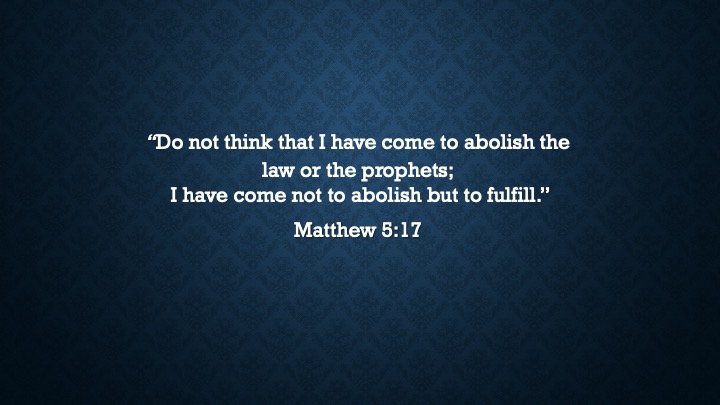


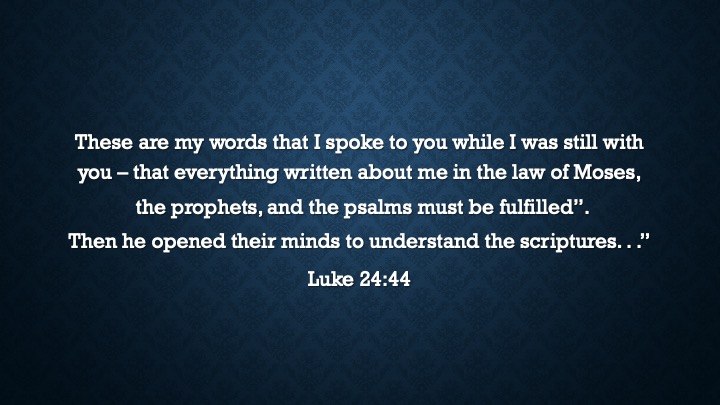

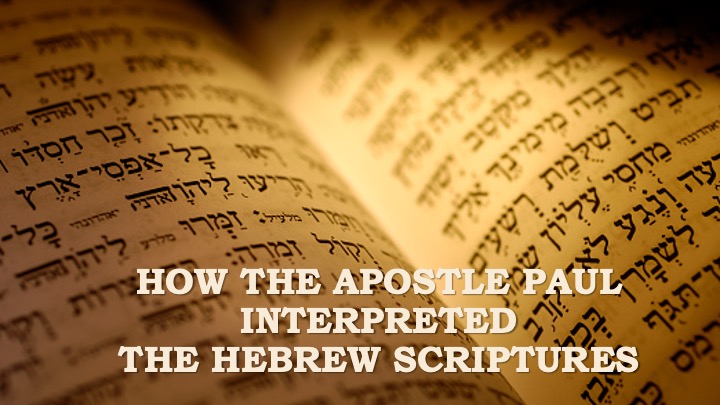
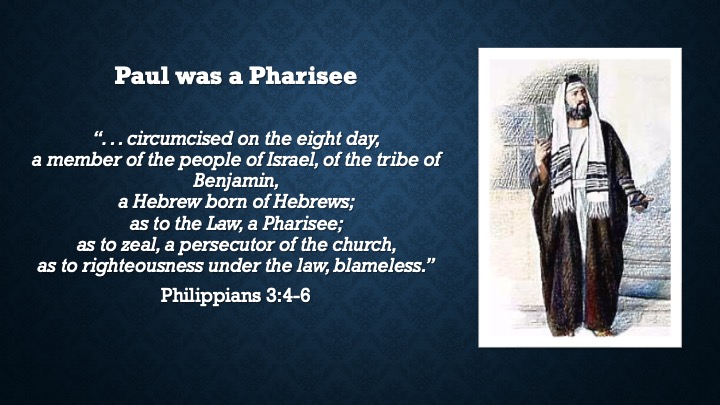
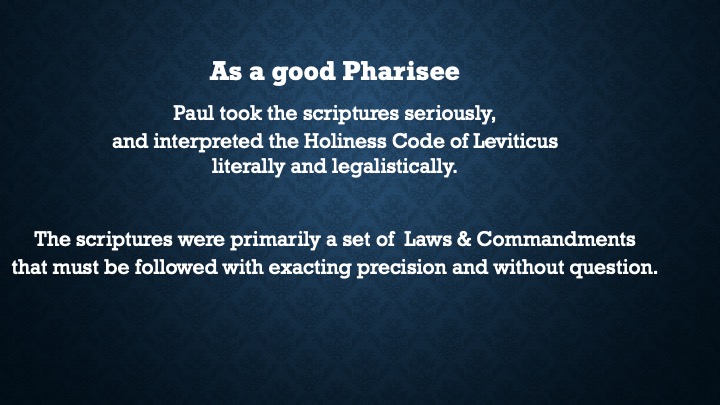
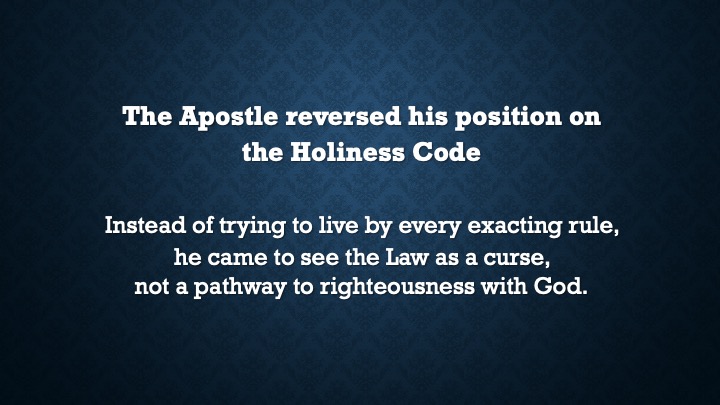
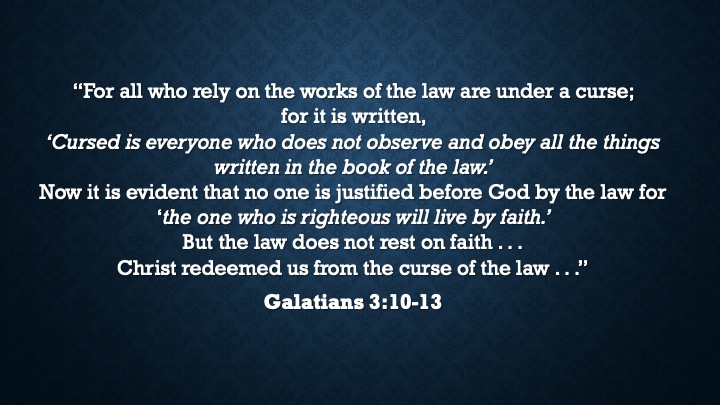
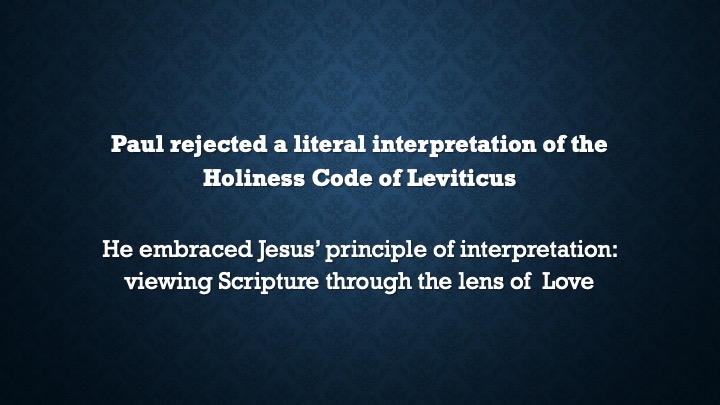
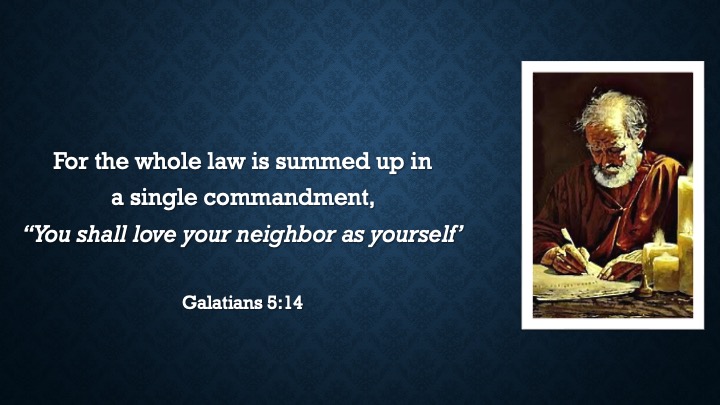
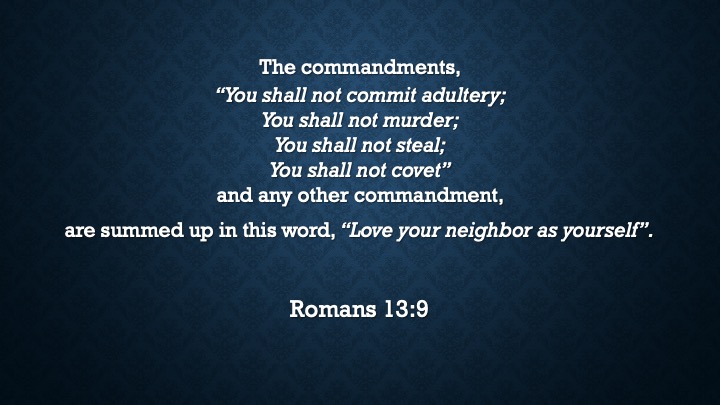
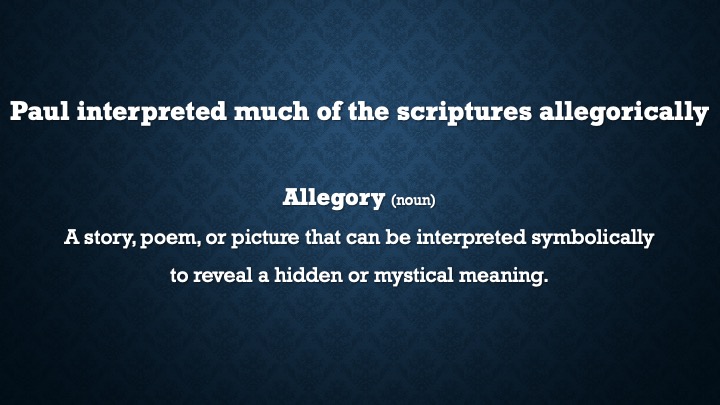
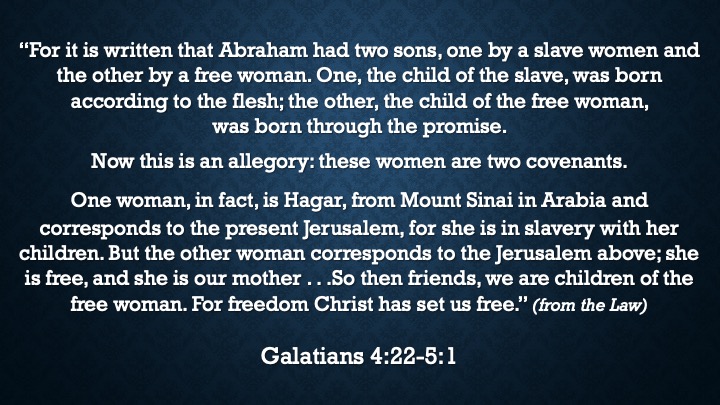
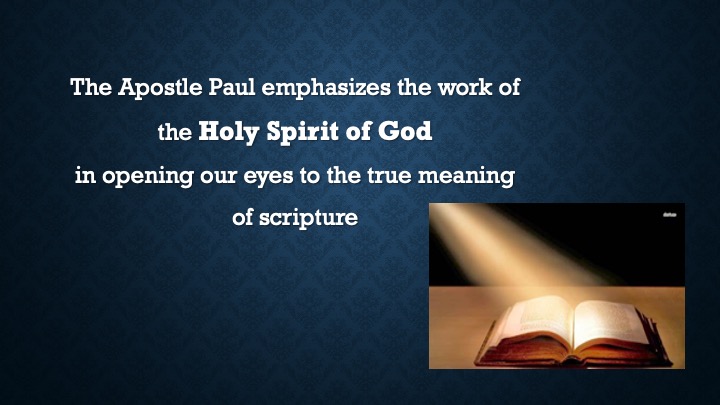
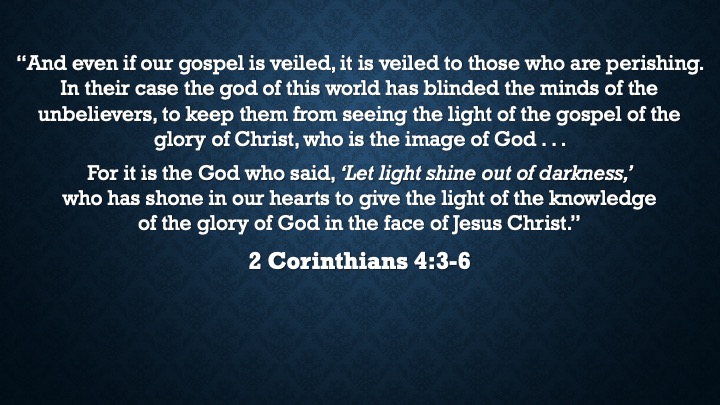
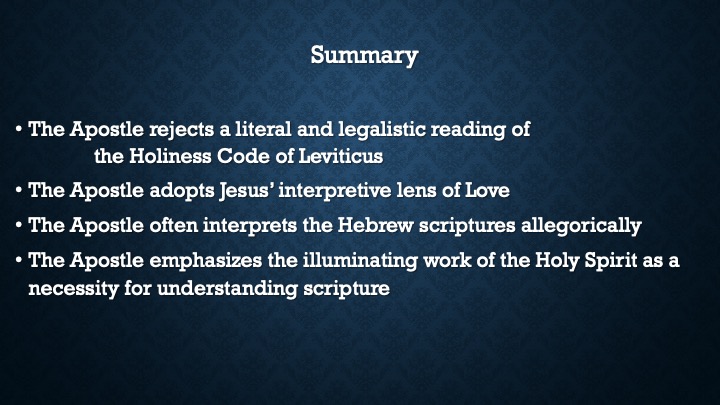

Bible Class 09
Links
< Home Page > < Top of Page >
Know Your Bible Week 9 Text
Know Your Bible Week 9 Text
Know Your
Bible
Week Nine
How Jesus interpreted the Hebrew scriptures
Deuteronomy and the Scriptures
“And if we are careful to obey all the law before the LORD our God, as he has commanded us, that will be our righteousness” Deuteronomy 6:25
Jesus knew the scriptures
Jesus quotes the Old Testament to the devil:
Matthew 4:4 “For it is written . . . 4:7 “For it is written . . .
4:10 “For it is written . . .
Important Observation – the Devil can also quote scripture, Matthew 4:6
Mark 2:25 “Have you never read . . .”
Mark 11:17 “Is it not written . . .”
Luke 4:4 “It is written . . .”
“They went to Capernaum; and when the sabbath came, Jesus went into the synagogue and taught. They were astounded at his teaching, for he taught them as one having authority, and not as the scribes.
”Mark 1:21-22
Jesus quotes the Old Testament 60 times
Jesus quoted the Psalms most often
Jesus frequently quoted from Isaiah, Jeremiah, Daniel, Hosea, Ezekiel
OT Prophets often criticized the official/priestly interpretation
Jesus often applied a Contextual Reading of the scriptures
One sabbath as Jesus was going through the grainfields; and as they made their way his disciples began to pluck heads of grain.
The Pharisees said to him, “Look, why are they doing what is not lawful on the sabbath”. And Jesus said to them, “Have you never read what David did when he and his companions were hungry and in need of food? He entered the house of God, when Abiathar was high priest, and ate the bread of Presence, which it is not lawful for any but the priests to eat, and he gave some to his companions.”
Then he said to them, “The sabbath was made for people, and not people for the sabbath; so the Son of Man is lord even of the sabbath.”Mark 2:23-28
Then the Pharisees and scribes came to Jesus from Jerusalem and said, “Why do your disciples break the tradition of the elders” For they do not wash their hands before they eat.” . . . Jesus replied, “You hypocrites! Isaiah prophesied correctly about you when he said: “This people honor me with their lips, but their hearts are far from me; in vain do they worship me, teaching human percepts as doctrines.”. . . Then the disciples approached and said to him, “Do you know that the Pharisees took offense when they heard what you said?” . . . “Do you not see that whatever goes into the mouth enters the stomach, and goes out into the sewer? But what comes out of the mouth, proceeds from the heart, and this is what defiles. For out of the heart comes evil intentions, murder, adultery, fornication, theft, false witness, slander. These are what defile a person, but to eat with unwashed hands does not defile.” Matthew 15
Jesus rejects legalism for a higher moral value. Embraces living by the “spirit of the law”
You have heard that it was said to those of ancient times, “You shall not murder” and “whoever murders shall be liable to judgement.” But I say to you that if you are angry with a brother or sister, you will be liable to judgement; and if you insult a brother or sister, you will be liable to the council, and if you say, “You fool!” you will be liable to the fires of Gehenna.”Matthew 5:21-23
Jesus interprets the Holiness Code of Leviticus through the interpretive principle of “love”
“. . . And one of them asked Jesus a question to test him.
“Teacher, which commandment in the law is the greatest?”
Jesus said to him, “You shall love the LORD your God with all your heart, and with all your soul, and with all your mind.”
This is the greatest and first commandment.
And a second is like it: “You shall love your neighbor as yourself.”
On these two commandments hang all the law and the prophets.”Matthew 22:34-40
Jesus see himself as fulfillment of the Hebrew scriptures
“Do not think that I have come to abolish the law or the prophets; I have come not to abolish but to fulfill.”Matthew 5:17
Jesus was teaching his disciples saying, “The Son of Man is to be betrayed into human hands, and they will kill him, and three days after being killed, he will rise again.” But they did not understand what he was saying and were afraid to ask him.” Mark 9:30-32
“Take, eat; this is my body,”
Then he took a cup, and after giving thanks he gave it to them saying,
“Drink from it, all of you; for this is my blood of the new covenant, which is poured out for the forgiveness of your sins.” Matthew 26:26-28
These are my words that I spoke to you while I was still with you – that everything written about me in the law of Moses, the prophets, and the psalms must be fulfilled”. Then he opened their minds to understand the scriptures. . .”Luke 24:44
Summary
• Jesus rejects literal and legalistic interpretations of scripture
• Jesus interprets according to the “spirit” of the law, not the formal wording.
• Jesus interprets the law through the lens of “Love”
• Jesus understand himself to be the fulfillment of the Hebrew scriptures.
How the Apostle Paul interpreted the Hebrew scriptures
Paul was a Pharisee
“. . . circumcised on the eight day, a member of the people of Israel, of the tribe of Benjamin, a Hebrew born of Hebrews; as to the Law, a Pharisee; as to zeal, a persecutor of the church, as to righteousness under the law, blameless.” Philippians 3:4-6
As a good Pharisee Paul took the scriptures seriously, and interpreted the Holiness Code of Leviticus literally and legalistically.
The scriptures were primarily a set of Laws & Commandments that must be followed with exacting precision and without question.
The Apostle reversed his position on the Holiness Code Instead of trying to live by every exacting rule, he came to see the Law as a curse, not a pathway to righteousness with God.
“For all who rely on the works of the law are under a curse; for it is written, ‘Cursed is everyone who does not observe and obey all the things written in the book of the law.’ Now it is evident that no one is justified before God by the law for ‘the one who is righteous will live by faith.’ But the law does not rest on faith . . .Christ redeemed us from the curse of the law . . .”Galatians 3:10-13
Paul rejected a literal interpretation of the Holiness Code of Leviticus He embraced Jesus’ principle of interpretation: viewing Scripture through the lens of Love
For the whole law is summed up in a single commandment, “You shall love your neighbor as yourself’ Galatians 5:14
The commandments, “You shall not commit adultery; You shall not murder; You shall not steal; You shall not covet” and any other commandment, are summed up in this word, “Love your neighbor as yourself”.Romans 13:9
Paul interpreted much of the scriptures allegorically
Allegory (noun) A story, poem, or picture that can be interpreted symbolically to reveal a hidden or mystical meaning.
“For it is written that Abraham had two sons, one by a slave women and the other by a free woman. One, the child of the slave, was born according to the flesh; the other, the child of the free woman, was born through the promise.
Now this is an allegory: these women are two covenants. One woman, in fact, is Hagar, from Mount Sinai in Arabia and corresponds to the present Jerusalem, for she is in slavery with her children. But the other woman corresponds to the Jerusalem above; she is free, and she is our mother . . .So then friends, we are children of the free woman. For freedom Christ has set us free.” (from the Law) Galatians 4:22-5:1
The Apostle Paul emphasizes the work of the Holy Spirit of God in opening our eyes to the true meaning of scripture
“And even if our gospel is veiled, it is veiled to those who are perishing. In their case the god of this world has blinded the minds of the unbelievers, to keep them from seeing the light of the gospel of the glory of Christ, who is the image of God . . . For it is the God who said, ‘Let light shine out of darkness,’ who has shone in our hearts to give the light of the knowledge of the glory of God in the face of Jesus Christ.” 2 Corinthians 4:3-6
Summary
• The Apostle rejects a literal and legalistic reading of the Holiness Code of Leviticus
• The Apostle adopts Jesus’ interpretive lens of Love
• The Apostle often interprets the Hebrew scriptures allegorically
• The Apostle emphasizes the illuminating work of the Holy Spirit as a necessity for understanding scripture
Know Your Bible